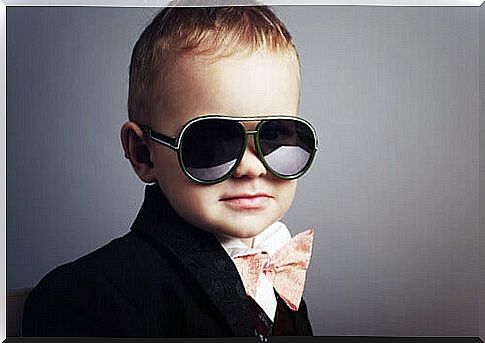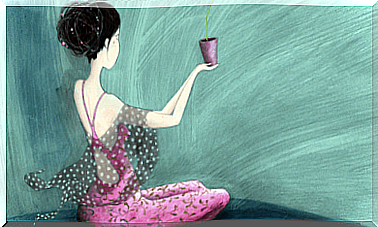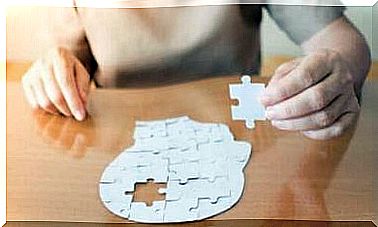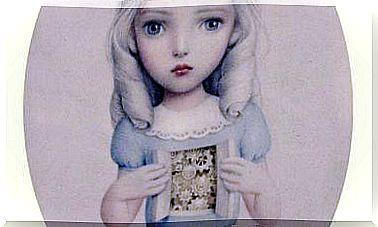5 Signs That You Are Raising Narcissistic Children

Teaching self-esteem is something parents can not neglect when raising their children because it is necessary for good emotional development. But some parents become obsessed with their children’s self-esteem to the point of exaggeration, which results in narcissistic children.
A recent study revealed that parents who think their children are better than others do not help their self-esteem. On the contrary, they harm them by increasing the risk of narcissism. The study stated that it is important for children to feel loved, but not better than others, in order for them to improve their self-esteem.
According to researchers , children will internalize the perception that they are superior when parents see them as special and more justified than others. But when parents treat them with affection and appreciation, they will internalize the notion that they are valuable individuals, which is the basis of self-esteem.
But being overvalued by your parents is not the only thing that creates narcissistic children. Researchers said that narcissism is influenced by genetic factors, just like any other personality trait. Because of these risks, some children are more likely to become narcissistic than others.
The following traits are clear signs that your upbringing promotes narcissistic attitudes in your children. Changing and adapting these aspects will improve their emotional and psychological development, and avoid making them narcissists.
Do not forget that narcissism, from a psychological point of view, is a personality disorder that negatively affects the lives of those affected.
It is difficult for some children to be confident. Even when they have enough skills to do something good, they become paralyzed at the thought of failure. To increase their self-esteem, you need to give them confidence, encourage them and praise them so that they know they can do it.
It is one thing to praise them, acknowledge their successes and triumphs, and help them trust in their ability to solve problems and be successful in different areas of life; it is something else to make them believe that they never make mistakes.
It is necessary for children to learn to live by mistake. It is the best medicine for narcissistic children. And they must also understand that it is an important part of playing and learning. They must learn to integrate their mistakes, to fall and stand up again, just like when they learned to walk. One who makes mistakes is one who tries, which means that he has the chance to succeed.
After 7-8 years of age, children begin to compare themselves with others. Sometimes the interest in comparisons begins earlier if it is encouraged by parents who are eager to demonstrate how good they are or what virtues they possess.
But these comparisons put a lot of pressure on children, who do not want to end up behind their peers. When a child stands out from the crowd, it is good to acknowledge its achievements and virtues, but without comparing it to others.
Being good or even better than others at something does not mean that you are superior, but children do not see it that way because their world is painted in broad strokes which are then refined a little at a time. So it is our job to give them a helping hand when it comes to discovering the nuances of life.
Listening to criticism from others is quite unpleasant for most adults, so you can imagine how difficult it is for narcissistic children. But you need to know how to handle criticism in a constructive way and be a role model who encourages your children to do the same. You do not have to say yes and nod to everything, but rather than being critical of yourself, you should have a dialogue about the problem and promise to change what can be improved.
If children see that their parents can not stand criticism, close when someone suggests a beneficial change they can make or act as someone who is always right and does not listen to someone else, it is logical that they will act in the same way.
Some parents are not even capable of handling criticism of their children, and react irrationally so that they are not taken down from their high horses by perfection and superiority, which is even worse.
Let’s be honest. It is one thing to be proud of your children, and another to brag about them and defend everything they do to prove that they are the best, while apologizing for all the shortcomings and mistakes. This will not do them any good. Some children react by rebelling against their parents while others just become narcissistic. None of these options are easy or healthy for them.
It is not bad for children to fail from time to time. There is nothing to worry about, no reason to be ashamed. Excusing their behavior instead of showing them that no one is perfect deprives them of an important chance for learning.
Children who are different or have fewer abilities are not inferior. But some parents make fun of them for no reason, whether it is intellectual, physical or the way they dress. And their children begin to believe that they are above all others.
Speaking negatively about others is a way for some people to emphasize their own good qualities. But calling someone ugly, for example, will not make you look better.
You do not have to find the worst in others for your good things to shine. But if parents insist on speaking ill of other children so that their children feel more important, they will only make the children lose perspective of themselves and their own worth.








